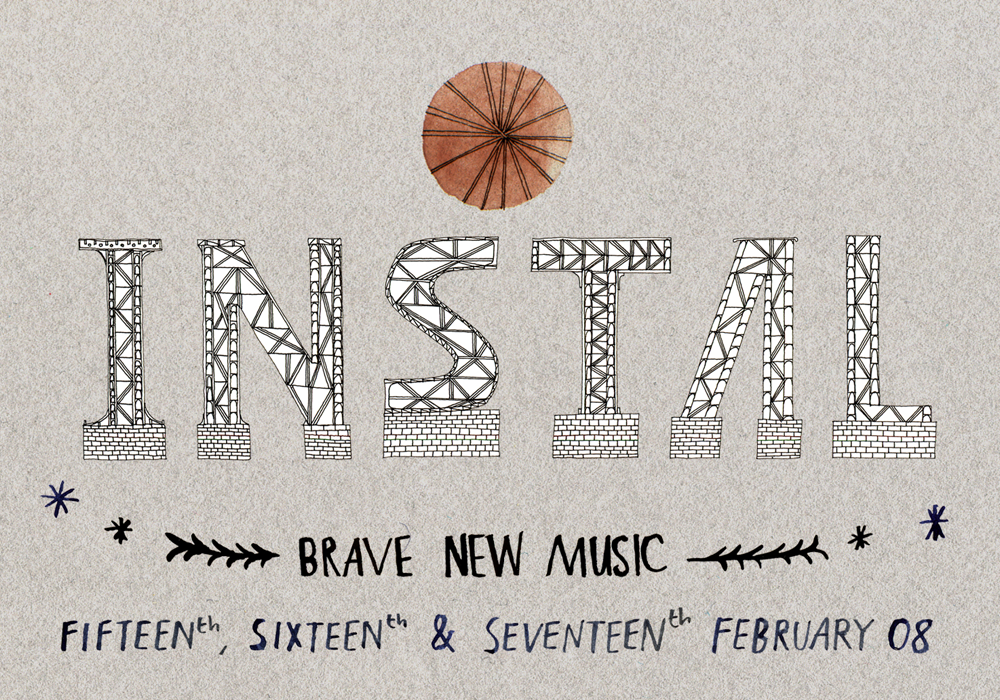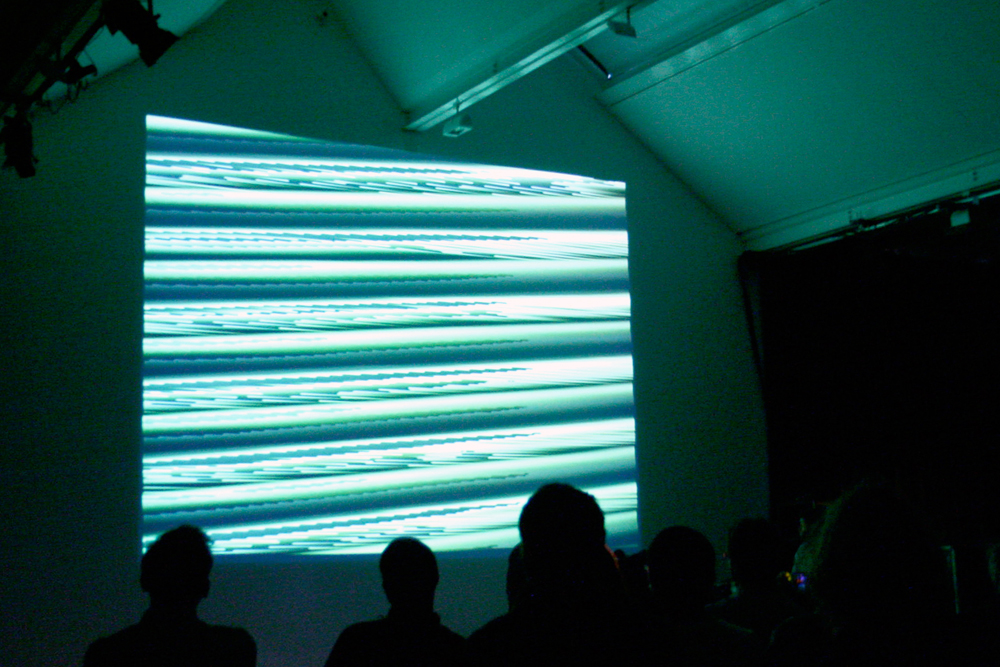
Unfree Improvisation / Compulsive Freedom
Mattin Ray Brassier
How do you know what you want? Should freedom be doing what you ought, not doing what you want? How might a philosopher and artist turn this thinking into an enabling condition in the context of noise and improvisation?











